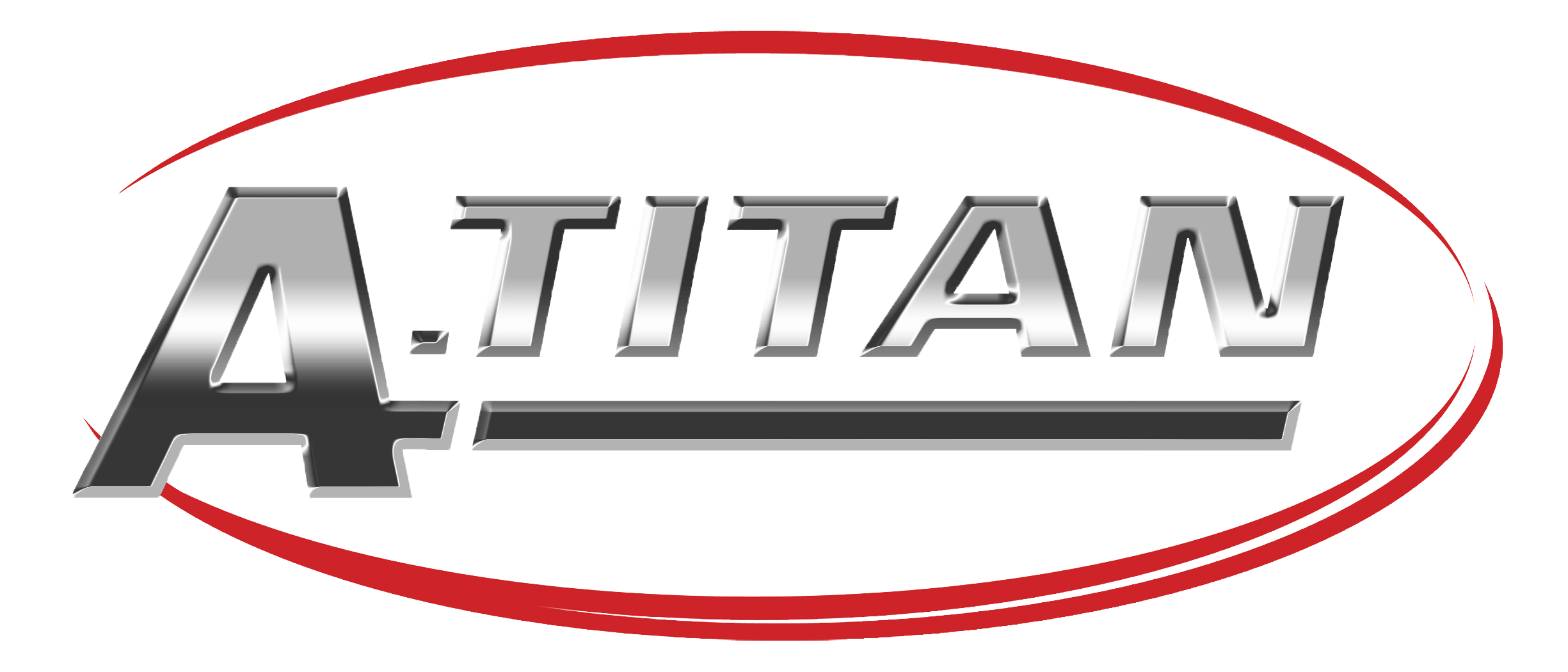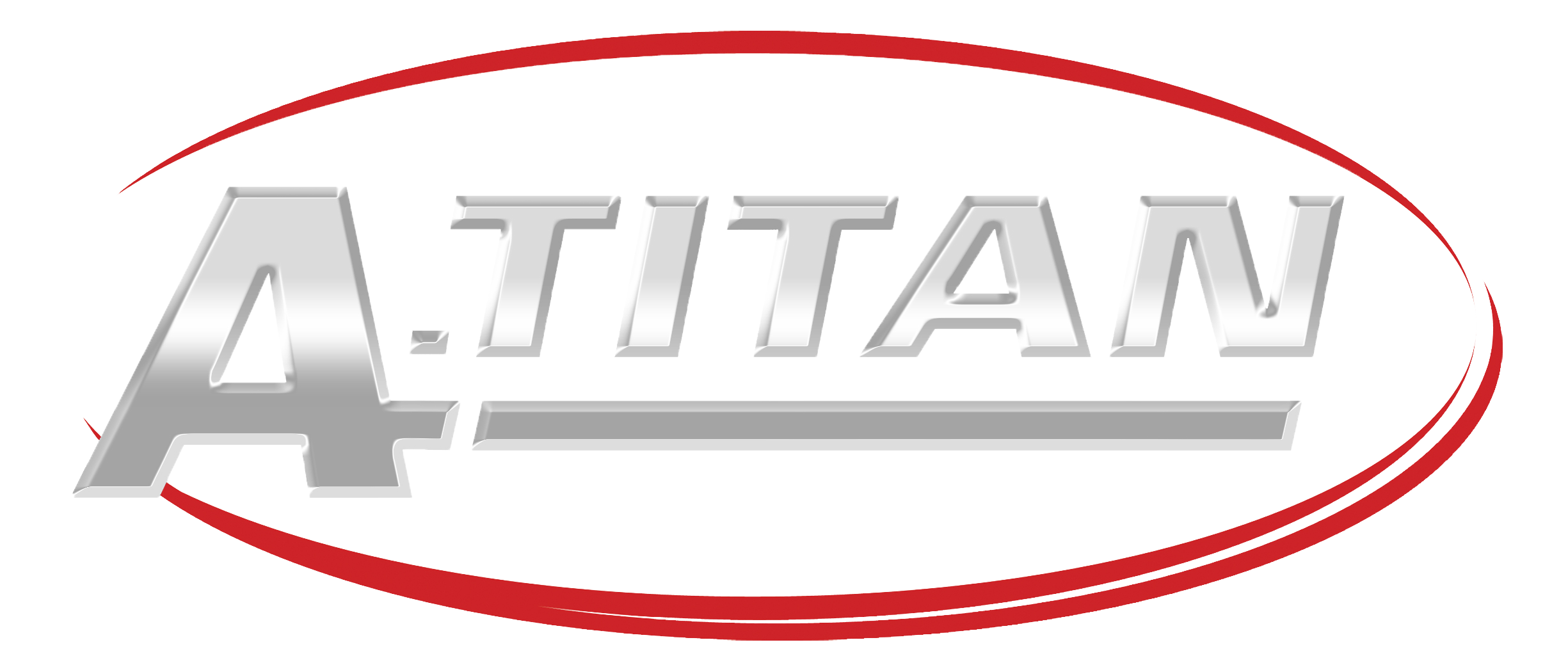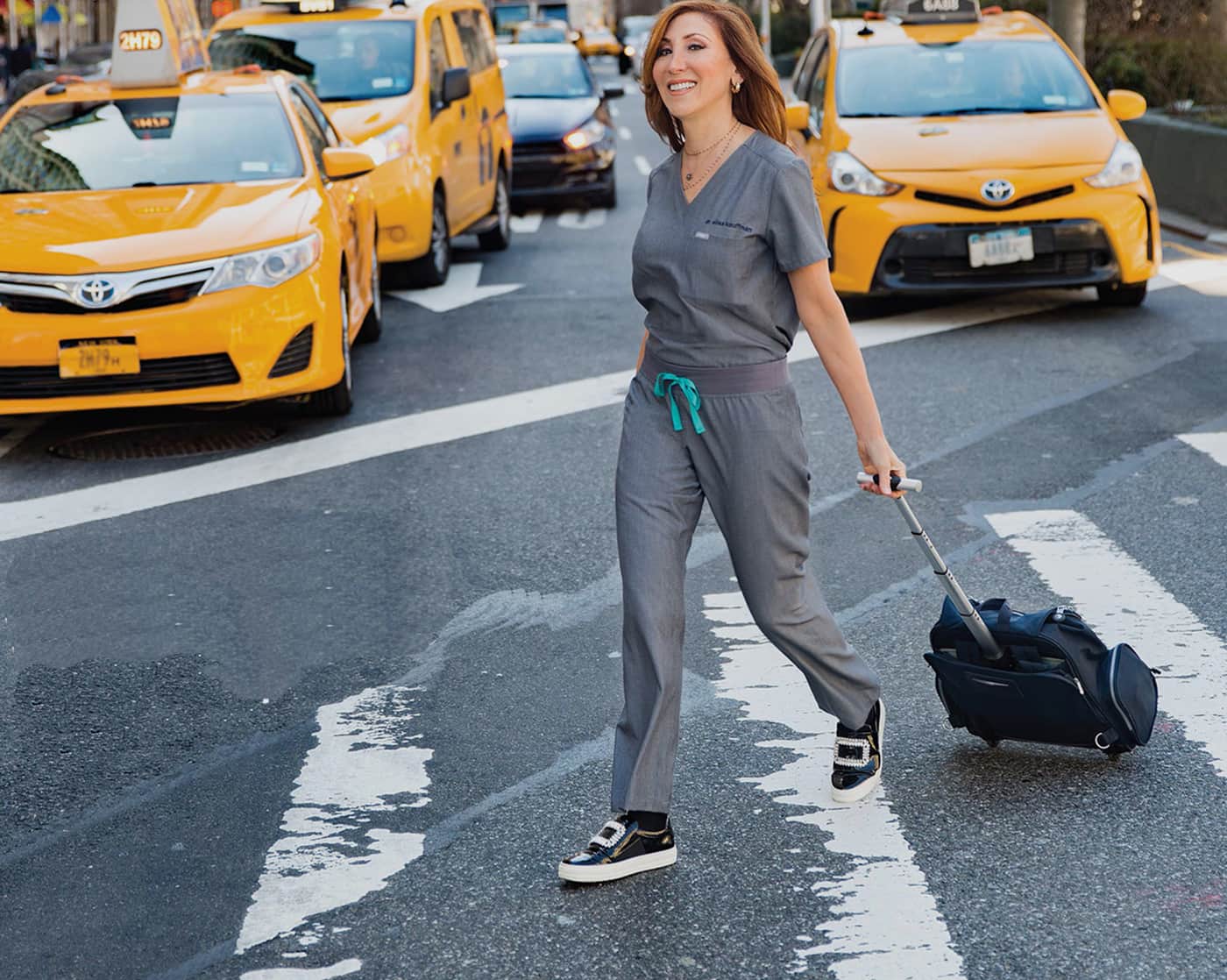The global pandemic has significantly changed both our personal and professional lives for the foreseeable future. A survey comprised of 106 participants including upper administration, full time and adjunct faculty, staff, students, and residents from the Department of Periodontology at the Indiana University School of Dentistry indicated that 40% of respondents were skeptical about graduating into an unstable economy and not having enough of a patient pool to hone their skills in the future. Reading the full article on the Impact of the Global Pandemic on a University Dental Department, found here, on the Dimensions of Dental Hygiene website made me think of Dr. Alisa Kauffman and her unique practice and focus on geriatric dentistry that requires zero overhead and an ever growing patient pool.
Dr. Kauffman is an accomplished Geriatric dentist based in New York City. She graduated from the University of Pennsylvania School of Dental Medicine with a D.M.D. Degree in 1985. In 1995, she limited her practice to Geriatrics, is currently the Director of Geriatric Dental Care at 2 local nursing homes, and frequently lectures on Geriatric Dentistry worldwide. Dr Kauffman offers high-quality dentistry to the geriatric population that is often neglected due to their limited ability or inability to leave their home or apartment. She is experienced in handling patients with Alzheimer’s Disease, Parkinson’s Disease, and all forms of Dementia.
In the question and answers session below she was gracious enough to tell me how she got into geriatric house call dentistry and encourages anyone who is interested in this type of practice to check out her website and her book on How to Become a House Call Dentist.
Q. How did you get into this line of work (geriatric house call dentistry)?
A. I always knew that I wanted to go into the medical field and decided to pursue dentistry early on because I liked the idea of combining science with my artistic abilities. I was always a master at designing dentures and knew that I needed to concentrate on what I do best to be the most successful. There aren’t too many dentists (especially the ones graduating today) who want to continue what will soon be the lost art of denture making. I also love oral surgery which is the second skill necessary to be a a great geriatric dentist.
Q. Why is it important for elderly patients to receive dental care?
A. Good oral health is definitely one of the most important factors contributing to the systemic wellness and adequate nutrition in the elderly. Teeth are always one of the first things neglected as getting to the dentist for the elderly may not be so easy. Regular dental checkups and hygiene visits may fall down to the bottom on the important list of things to do.
Every house call I make is making a positive difference in someone’s life who would otherwise be unable to get treatment. It has been an amazing career so far not to mention how much fun I have seeing how my patient’s live.
Q. How does a typical appointment work? How long does an appointment generally take?
A. I bring all my sterilized instruments and set up all my portable equipment. The patient can be seen in their bed, a recliner or a regular chair against the wall. I bring my own light source so I can virtually see the patient where they are most comfortable. Most appointments take forty five minutes to one hour depending on the procedure. The hardest part is setting up and cleaning up. But it’s always worth it.
Q. What's your “go to” (A. Titan) instrumentation when visiting patients and why.
A. I couldn’t live without my root tip elevators and root tip forceps. I don’t know how dentists still use such clunky heavy extraction instruments. The newest elevators are thin and sharp and make my job look too easy (which isn’t always good-lol).
Q. What precautionary measures are you putting into place for you/your patients once you can begin seeing them again?
A. What scares me the most with this novel virus are the asymptomatic Covid-19 carriers that infect others without ever knowing it, until it is too late. I have lost quite a few patients whose aides showed up every day feeling fine, only to find out that the patient they were caring for got infected with the virus. So as a dentist we must provide the patient with a sterile and safe environment which is much easier to do at home. I wear my N95 mask on the street, walking into the building and into the apartment. After I wash my hands I place a new surgical mask over the existing N95.
Every patient will start the visit by rinsing with hydrogen peroxide and water rinse (50/50) to cleanse the mouth from bacteria and viruses. They will rinse many times during the visit. I do only non-drilling dentistry using Arrest (silver diamine fluoride) and glass ionomer fillings. I create zero aerosol, thus it is safer environment for the patient and for me. Fabricating dentures also does not product aerosols or droplets. I do not need an aide’s or assistants help, so it’s always just me and the patient in the room until we can stop social distancing. I think by using the proper PPE and by not creating any aerosols, I am doing the most to protect the patient and myself. I will also follow all the newest interim guidelines just sent out by the ADA to the best of my abilities.
Q. How do house calls make a difference in your patient relationships? In your practice?
A. I have definitely gotten close to many patients and many families over the years. I always look forward to seeing one of my patients who is 98 years old, vibrant, funny, sharp as a tack and gets around well on her own. Today I did a difficult extraction on a lower left molar during Covid-19. She was my first (emergency) patient I visited since I stopped practicing March 13th due to Covid. She was quarantined living alone at her assisted living facility in her apartment for 40 days, so we both felt safe. When I asked her today how she stays so young in the mind and the body, she told me that she thinks it is mostly luck, with a touch of genetics.
Q. What is the best way for people located in Manhattan, Riverdale in the Bronx, Queens and Nassau County Long Island to get a hold of you for a consultation/appointment?
A. Check out my website GeriatricHousecallDentistry.com and fill out the form with an email address, name, phone number and information that you are requesting. You promptly get a reply within an hour.




